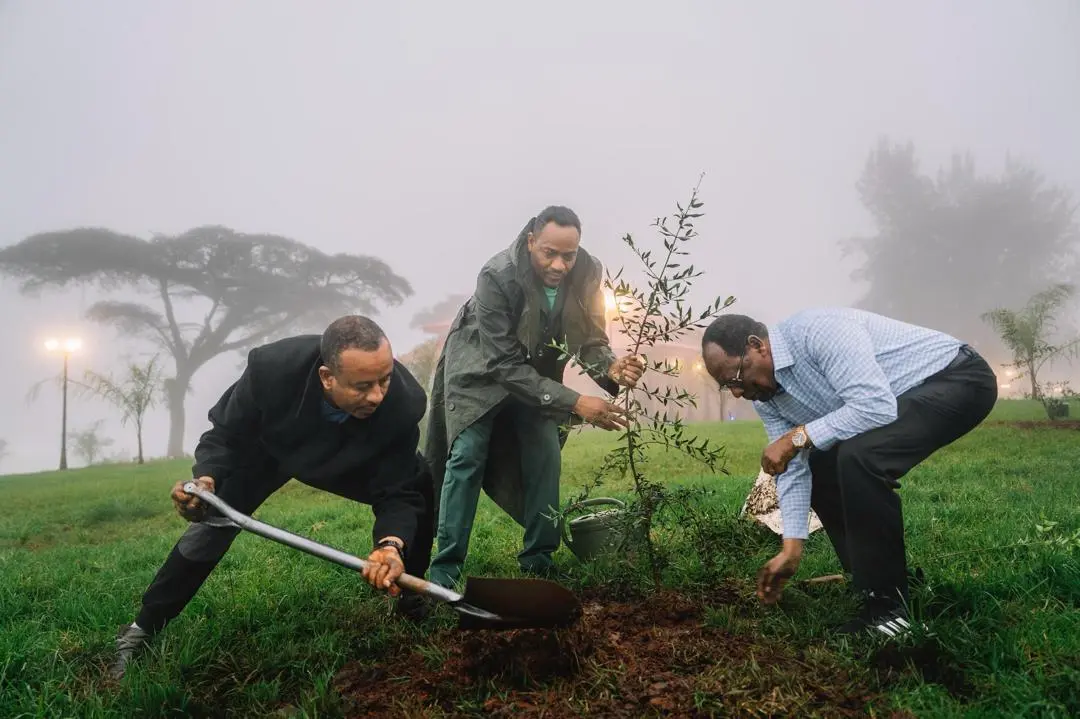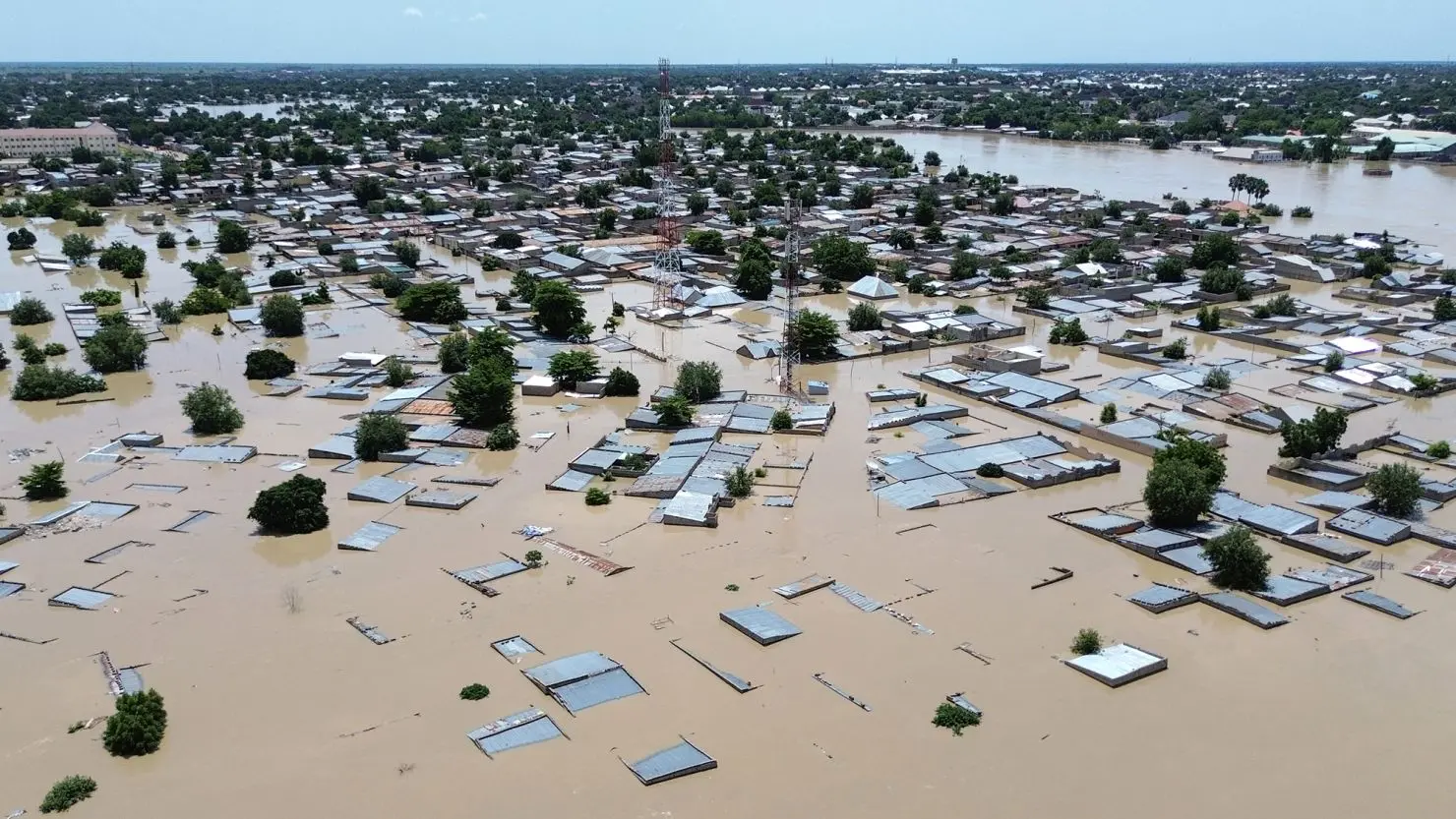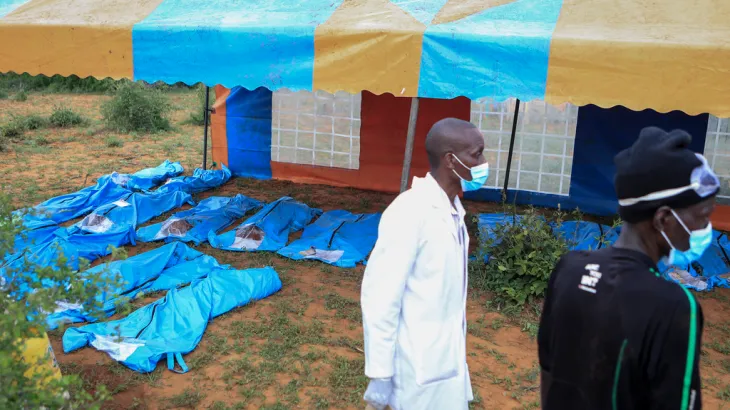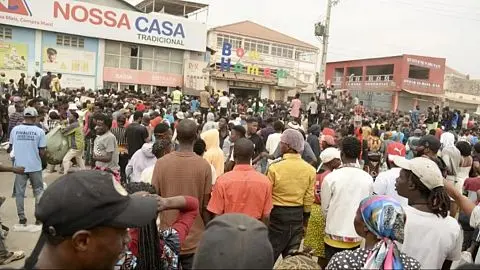Nigeria’s Food Crisis Deepens as Climate Change and Policy Failures Take Toll

Photo: NaturalNews
May 20, 2025 Hour: 12:14 pm
The once-thriving rivers of northern Nigeria now lie dry and cracked, exposing the country’s deepening food insecurity as climate change intensifies and government solutions fall short.
Nigeria—Africa’s most populous nation—declared a food security emergency in mid-2023, yet nearly a year later, the crisis has worsened:
- Food inflation exceeded 35% in 2024, doubling the price of staple foods like rice, maize, and tomatoes.
- Rivers in Sokoto and Zamfara that once sustained irrigation now appear seasonal at best.
- Erratic rainfall and prolonged drought threaten crops and livestock, with dehydration worsening among farming communities.
Dr. Fatima Garba, an agricultural economist, criticized the lack of preparedness, stating:
“Farmers don’t have modern irrigation, drought-resistant seeds, or access to real-time weather data. The tools they need are stuck in research institutes or policy documents.”
Faced with crop failures and declining incomes, young Nigerians are abandoning agriculture in favor of:
- Urban migration
- Informal mining
- Joining criminal networks out of desperation
Meanwhile, banditry and herder-farmer conflicts force many to flee their land entirely, escalating insecurity.
Despite the government’s 2023 emergency declaration, food security initiatives have suffered from corruption, bureaucracy, and underfunding:
- A Kebbi solar-powered irrigation project ran out of funds halfway.
- Resettlement programs in Borno stalled due to budget constraints.
- Private investment in agriculture remains low due to insecurity and policy uncertainty.
International agencies such as the World Food Programme and FAO warn that while Nigeria isn’t classified as a famine zone yet, the situation is rapidly deteriorating—with undernourishment rising, especially among children under five.
Observers see this crisis as a test of Nigeria’s political will, with 70% of the population under 30 and 40% of youth unemployed. Experts advocate for strategic grain reserves, climate-resilient farming, and modern irrigation systems, but trust in leadership is low.
For now, the rains remain late, the fields remain dry, and millions of farmers wait, uncertain if their next harvest will even come.
Author: OSG
Source: EFE-Africanews






